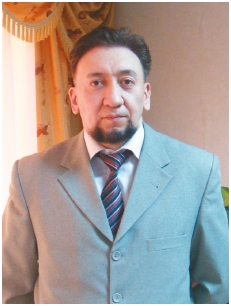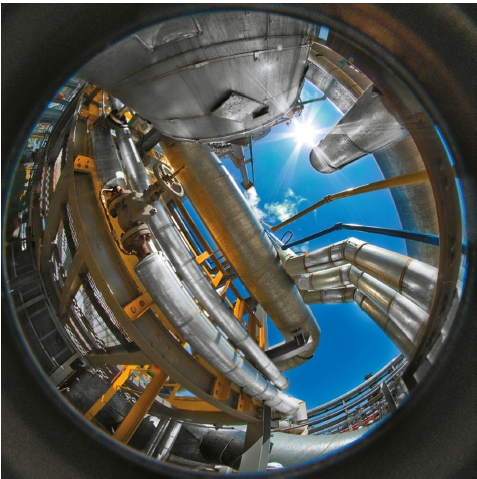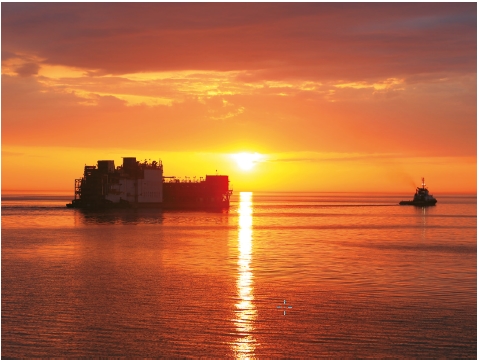Exclusive
Oil will remain a unique product at least until the end of the century

Major oil companies in Kazakhstan still have profits,resulting from oil production, and the brownfield operators are already operating at a loss. The Deputy General Director of the Kazakh Institute of Oil and Gas Akbar Tukayev will explain the presentsituation in the industryduring a brief interview to KazTAG: whether the costs invested in Kashagan field will be recovered and should we expect the cost of gasoline to reduce.
-What will be the net cost of Kashagan oil, when the production will be resumed there?
-Kashagan is under focus, but in fact, it is a project that still didn’t passed the development stage. Now one should not be afraid that it will be profitable or not at a certain cost. It will take several more years to reach a sustainable working mode. Therefore, in the current strongly changing environment you can not raise this issue too much. The issue is only about the normal run of the project, beginning of commercial production, and after 2-3 years of normal accident-free operation period, one can speak about effectiveness of this project.

-What companies in Kazakhstan have the net cost of oil production above $ 25/barrel?
-We have about 200 fields-all of them have different indicators. About 80 companies are producing the oil. Around third of these 80 companies and 200 fields have a net cost below $25-30 per barrel. The rest have similar or higher indicators.
-Tengiz and Karachaganak are included into this third?
-Yes, they are. These are the large companies that mostly determine the local oil industry.
-That’s why one can say that these companies have a good position, since they have some margin at current prices?
-Yes, they are. Now, of course, they are on the verge. All in all, it is very important to consider the low margin fields all over the country. That decision, adopted by the Government to support the development of marginal fields is practically not working. It's not just the economic aspect, but also the social one. The enterprises there support the town life. Therefore, the Kazenergy Association made a number of suggestions regarding optimization of tax legislation, including the low-producing fields.
-But the last devaluation helped the exporters, including the oil companies. In addition, since March 1, the export customs duty for the oil is bound to the global prices.
-We have also the rent tax on exports. By its nature, it is very similar to the export customs duty. It just happens that the bulk of the oil and gas taxes goes to the National Fund. There is a big tax load for the industry, therefore, KazEnergy has proposals for tax on mineral extraction, EPL,low-profit ones and one regarding taxation during the exploration period.
The Association sent the proposals last summer, but the situation has changed. Of course, it is necessary to make some other justifications. This work goes on. We do hope that our opinion will be taken into account and we will be understood. Oil industry was still one of the pillars of our economy, growth of well-being of the population. In difficult moments, we would like to have a support.
-Let’s go back to Kashagan. There are promised to resume the oil production by the end of 2016. Before the indicated cost amounted to $90-95 per barrel. At the current prices, it is commercially unviable to resume the production. Does it make sense to resume the production within 1-2 years?
-Such figures- around $100 were mentioned for the fast project payback. But this project can last 50 and 60 years. This is the same super giant project, therefore, no need to fear that the price per barrel amounts to $50 -60 at a certain time. This would mean that at some point we have to pro-actively think how to reduce the operating costs. But it does not mean that the overall project will be terribly unprofitable.
There is Tupi project in Brazil - a deep offshore oilfield, with $ 150 or $ 200 billion investments, according to the most conservative estimates. And the same problem with Kashagan. Kazakhstan had hopes to attract the global major petroleum companies and that to settle successfully the challenges of this unique project. But it turned out that in fact, the conditions were more difficult, not only for us, but also for the foreign companies.
-How interesting is the ultra-deep drilling project Eurasia in the Pre-Caspian depression, given these facts? After all, it will be even more expensive than Kashagan. The actual works would be deferred for some time?
-Eurasia project is a long-term one. It's more scientific&research project to precise the reserves of the Caspian region. If the ultra-deep well will be drilled, it doesn’t mean that the oil production will follow immediately. This project just might significantly improve our position in the global ranking, based on the reserves and hydrocarbon potential, due to the fact that there is less ans less oil on the planet and the demand is growing in the last 50 years. It fell three times, but due to the global crisis, which happened in 2008-2009, or the problems of the Middle East, Persian Gulf and etc. During the rest of the time the global demand increases for about 1 million barrels per day annually.
In 10-15 years from now a real question for many countries would be: how and for what means to produce the hydrocarbons? People say about the alternative sources. "Tesla" cars and etc., but those same cars are made from plastics, which is also a petroleum product. As to the electricity production; even if the coal is not used, the substitutes -mazut or gas are required. These are hydrocarbons, too. 3D printing depends also on the oil refining products. The oil is so unique that it would be in demand at least, until the end of the century and if the Eurasia project will provide the good data, it will ensure new possibilities for the hydrocarbon potential and hydrocarbon “safety cushion” for future generations of our country.




